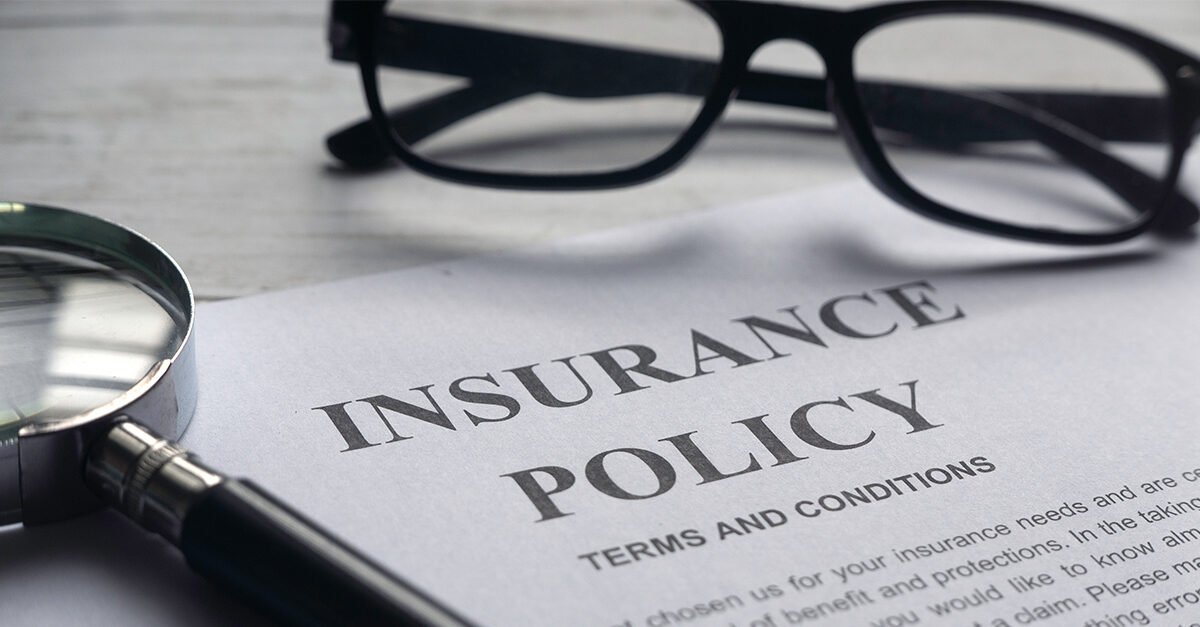As business owners know, inflation causes cost increases in everything from materials to services. But one inflationary impact that companies may not think about is how it affects their business insurance coverage.
It is especially important to consider the effects of inflation on policies that include financial protection for assets, like buildings and their contents. Buildings are insured on a reconstruction cost basis. Although some policies have an “inflation guard” provision, that may not be enough to offset a sharp spike like the U.S. is currently experiencing. If inflation has driven up the rebuilding cost and a business suffers a total loss of its building, the company can find itself with a considerable out-of-pocket expense.
And while the cost of business liability lawsuits isn’t directly linked to inflation, it’s a good idea for business owners to review the limits on their liability policies now, too.
Understanding inflation
Inflation is a measure of the cost increase in goods and services. Economists determine it by looking at the price of specific goods and services (captured in measures like the Consumer Price Index, Producer Price Index, and others) and express it as a percentage. But what causes it to rise isn’t always clear. Neither is precisely how to bring it down.
Governments have to be careful about the actions they take to lower inflation. The price declines from deflation can also adversely affect the economy by increasing unemployment and undermining financial systems.
Some economists primarily attribute the current high inflation rate and associated lowering of purchasing power to the fact that the world is “reopening” following the COVID-19 pandemic. Whatever the cause, the U.S. Federal Reserve is taking steps to bring inflation down from a rate that is over 8% to one closer to 2%.
However, it always takes time for steps like these to have their desired effect. And changes in U.S. and world events will continue to play a role in the inflation rate. So, it’s unclear how well and how quickly the Fed’s plan will meet its goals.
What is clear is that businesses that are proactive about reviewing their insurance coverage and making modifications as needed will fare better than those that simply wait for economic conditions to improve.
How to inflation-proof your business
While economies are complex beasts that can be difficult to tame, the connection between a high inflation rate and business insurance is relatively simple. Insurance limits are determined based on the value of the items insured when a business owner purchases a policy. As inflation drives prices up, it is vital that business owners maintain adequate coverage.
“It seems that guiding an economy is a little like steering a barge,” says Peter Shelley, president at biBERK (part of Warren Buffett’s Berkshire Hathaway Insurance Group). “The course corrections happen very slowly. But the good news for business owners is that modifying insurance coverage is not a cumbersome task. All it takes is a conversation with your insurer to assess whether your policy limits are adequate despite the rise in prices or if you should bump them up to keep pace with inflation. And making any needed changes is simple.”
Should you update your business insurance limits?
Indicators that a business should update its insurance limits vary significantly based on the type of business and industry, the kinds of coverage, and other factors. But generally speaking, companies should review their policies and limits each year.
In addition, when business owners learn of a high or rapidly rising inflation rate, that should trigger thoughts about how well their building and other assets are protected. If they do some research and determine that they should increase their policy limits, they should take that action promptly. Nothing is worse than knowing you’re underinsured and then having an incident occur before you address the gap.
“In many ways, businesses, like consumers, are at the mercy of inflation,” adds Shelley. “If the cost of supplies has gone up 9%, a business generally has no choice but to pay the higher price. Fortunately, rising inflation combined with a covered loss doesn’t have to create a financial burden for the company, as long as the business owner is proactive in maintaining adequate business insurance coverage.”
One less financial worry
In times of high inflation, business owners get hit twice: at their company and at home. Needless to say, running a business and operating a household both become more challenging when everything costs more. Ensuring their company is appropriately insured lets owners at least check that box and sleep better, knowing they have positioned their company to weather the storm.
Then, as the economic “barge” comes around, they can revisit their policy limits and make further changes as needed. That kind of protection and flexibility makes small business insurance a tremendous asset, whatever the future holds.




